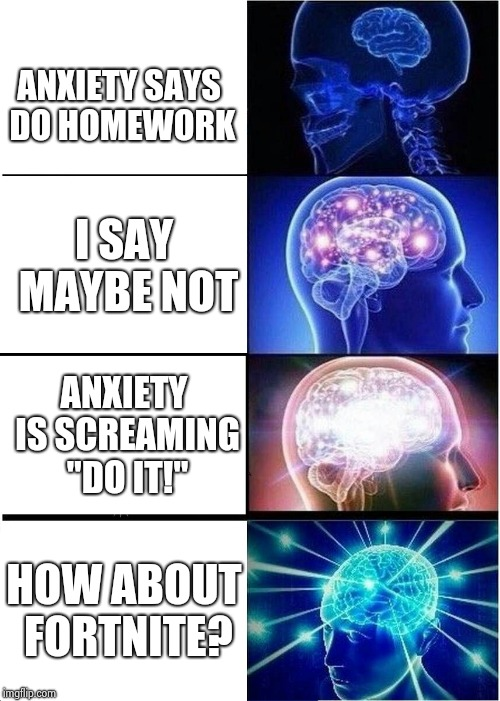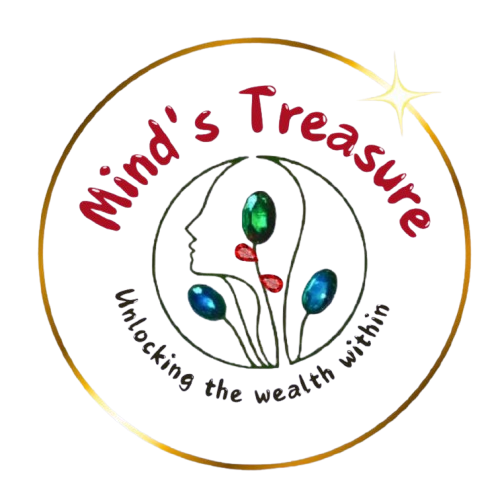My brain (on loop) 🌀: “I just want to disappear for a while.”
Sounds familiar? Most of us have felt this way—sometimes during our lowest lows, and sometimes on an idle Tuesday afternoon.
It’s not always about drama. Often, it’s about distance. Distance from responsibilities, from situations, from overstimulation… sometimes even from ourselves.
Psychologically, this is known as escape behaviour—and it wears many hats. 🎭 Yes! It’s multifaceted.
From toxic relationships to never-ending deadlines. From marathon study sessions to high-performance work culture—escape is not a stranger. It’s a very human response.
But what exactly are we escaping from? And more importantly—what are we running towards?
Let’s take a closer look at the different faces escape can wear, and why understanding them makes all the difference.
1. Escape as Protection: The Mind’s Built-in Safety Mechanism (🛡️)
Our nervous system is designed to protect us.
When life feels too loud—whether due to trauma, chronic stress, or emotional overwhelm—the brain can switch to ‘safe mode’. This may show up as dissociation, zoning out, shutting down, or feeling emotionally numb.
The internal compass here doesn’t work on “right or wrong”—but on danger vs safety.🚨
This isn’t a weakness. It’s survival. It’s not a conscious choice, but an automatic emergency response. Think of it as your brain pulling the fire alarm—except the fire is emotional or psychological.

2. Escape as Distraction: The Daily Disappearing Act (🤳)
Scrolling, snacking, streaming, shopping… or simply stalling!
Everyday escapes are everywhere—and let’s be honest, they’re deliciously tempting. They’re quick, widely accepted, and dopamine-friendly.
But when distraction becomes a default, we slowly lose touch with what we actually feel.
The hobbies we once loved lose their spark. The silence feels unbearable. The mind begins to treat distraction as its favourite hiding spot.
Are we watching another episode because we’re enjoying it?
Or because we’re avoiding something?
Or maybe hoping the past will magically fade out with the credits?

3. Escape as Fantasy: The Inner Life We Long For (🦄🌈)
Some forms of escape don’t need a screen—they live entirely in the mind.
Whether you’re saving the wizarding world with Harry Potter or sipping a mocktail on a beach that doesn’t exist, fantasy offers comfort. And sometimes, clues.
These mental getaways often come from unmet needs, unspoken desires, or idealised goals.
But here’s the twist: if we rely on the fantasy version of life as the only way to feel good, we risk disconnecting from the real one we’re capable of building.
Is escape giving us a vision for what we want—or making us believe we can only have it by running away?

4. Escape as Rebellion: The Loud Exit (🤯)
Not all escape is gentle. Some of it bangs the door on the way out.
Missing deadlines. Ghosting friends. Walking out of a job. Avoiding an exam altogether. Ending relationships without a word.
These are escape routes lined with rebellion—often fuelled by suffocation, pressure, or emotional exhaustion. Sometimes, it’s not just about avoiding something, but about screaming, “I can’t take this anymore!”
And yes, while these can bring momentary relief, they usually point to deeper needs—for autonomy, boundaries, or big change. The reasons may differ, but the emotional charge behind them is always worth understanding.
So, Is Escape Always Bad?
That’s the million-dollar question‼️
If all of us escape now and then, is it really harmful? Should we be worried?
💬 A Therapist’s POV:
Escape behaviour is almost always a consequence, not a cause.
If it’s used as temporary relief, it can be incredibly helpful. Like putting a plaster on a cut—you do need it.
But if escape becomes the only response, it doesn’t heal the wound underneath. Instead, it delays awareness, healing, and choice.
Understanding why we escape can help us take more intentional pauses—ones that actually nourish us rather than drain us—and help us avoid the guilt monster that tags along afterwards.
That brings us to one of the most powerful, yet often overlooked, forms of escape:
Escape as Healing: The Sacred Pause (🧘)
Not all escape is about avoidance. Sometimes, it’s wisdom in action.
Taking a solo day, logging off social media, saying no to plans, or simply lying under a blanket with zero expectations—these are not failures. These are acts of self-preservation.
When your mind and body are constantly in “go mode,” they eventually ask for a break—even if they whisper it through fatigue, irritability, or forgetting why you walked into the kitchen. This pause is not an escape from life—it’s a return to yourself.
So, how can you intentionally build these pauses into your life?
- Daily Mini-Pauses: Create small pockets of stillness throughout the day. Whether it’s a 5-minute breathing break after every meeting, a cup of tea where you focus on the sensation of holding the cup, or a 10-minute walk outside—these brief moments are ways to recalibrate.
- Digital Detox : Schedule tech-free times in the day. Even half an hour of silence from screens can give your brain the space it needs to reset and reconnect with the present. It’s not about avoiding technology but creating balance.
- Creative Escapes: Take time to engage in hobbies that your inner child would crave — drawing, colouring, playing some board games, journaling, gardening or anything that invites you to focus on something soothing. These activities are not distractions; they are a form of rest that allows the mind to reconnect with itself.
- Mindful Pauses: Practicing mindfulness allows us to pause during moments of stress. If you catch yourself rushing or feeling overwhelmed, try grounding yourself with simply feeling your feet on the ground, one single breath simply observing an object in front of you curiously. ( just not your phone!)
- Rest Without Guilt: Give yourself permission to say no when you’re stretched too thin. Sleeping for an extra hour when the body is too exhausted. Planning a ‘Do- Nothing’ day. Resting doesn’t mean you’re lazy or unproductive—it means you’re honouring your body’s need to heal and recharge. Cultivate a non-judgmental attitude towards rest.
A Gentle Nudge for You: 😌
Take a moment. Pause.
Ask yourself:
What am I escaping from?
Is my body paying the price—or is it a well-deserved break for rest, regulation, and reconnection?
Escaping isn’t the problem. Unconscious escaping is.
Choose your pauses with kindness. And if your brain still occasionally yells, “Let’s disappear!”—you’ll know when to listen, and when to gently whisper back:
“Maybe I just need a nap and a good cup of chai.” ☕️

A good read – I’m thinking about my escapist tendencies now!